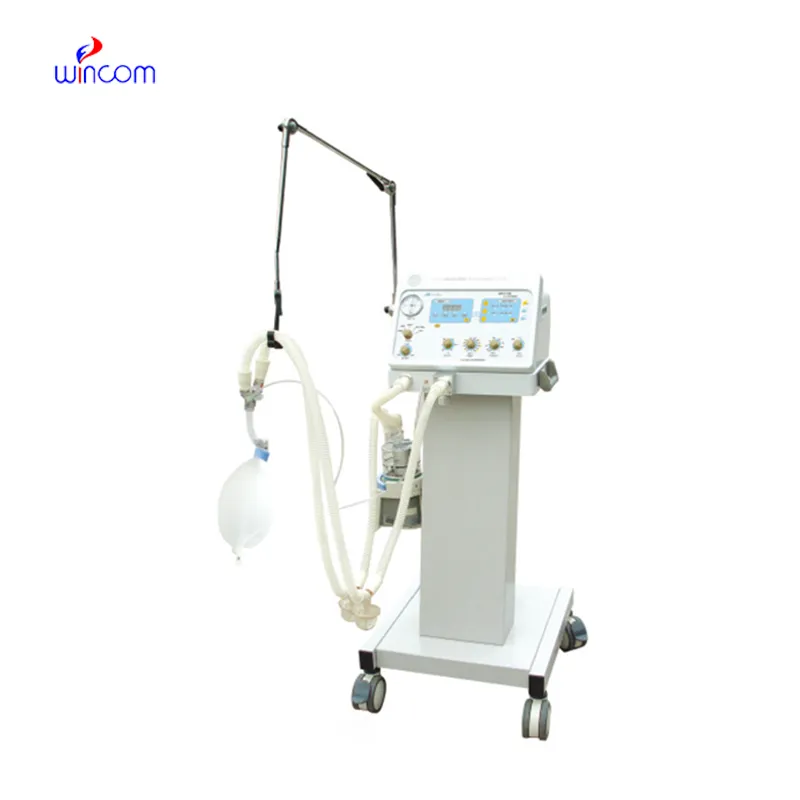
The 1.5 t mri machine combines advanced radiofrequency systems and high-resolution imaging software to capture subtle anatomical features. Its intuitive interface accommodates fine tuning for varied body areas. The 1.5 t mri machine does not make any noise, improving patient comfort without comprising consistent image quality at every scanning session.

In gynecology and obstetrics, the 1.5 t mri machine facilitates observation of the reproductive organs and fetal development monitoring. It is used in diagnosis of such conditions as fibroids, endometriosis, and congenital defects of the uterus. The 1.5 t mri machine provides precise and high-resolution images without harming either the mother or the fetus.

The 1.5 t mri machine will move towards small, compact designs with improved patient comfort. AI systems will automatically position and set parameters, reducing the operator's workload. The 1.5 t mri machine will also include data analytics to personalize imaging protocols for anatomy and clinical needs.

The 1.5 t mri machine should be kept in a controlled environment to prevent overheating and condensation. Inspection of filters, ventilation systems, and electrical grounding is necessary from time to time. The 1.5 t mri machine should be tested for performance to ensure signal strength, image resolution, and alignment accuracy.
The 1.5 t mri machine is significant in non-invasive medical imaging as it generates 3D images of internal anatomy of the body. It is particularly convenient in the diagnosis of soft tissue and nervous system disorders. Using the assistance of the 1.5 t mri machine, doctors are able to track the advancement of diseases and assess the efficacy of treatments with precise detail imaging.
Q: What should patients avoid before an MRI scan? A: Patients should avoid wearing metal objects, such as jewelry, watches, or hairpins, as these can interfere with the MRI machine's magnetic field. Q: How does MRI help in brain imaging? A: MRI provides detailed views of brain structures, helping detect conditions such as tumors, aneurysms, multiple sclerosis, and stroke-related damage. Q: Can MRI scans be performed on children? A: Yes, MRI is safe for children since it doesn’t use radiation. In some cases, mild sedation may be used to help young patients remain still during scanning. Q: What is functional MRI (fMRI)? A: Functional MRI measures brain activity by detecting changes in blood flow, allowing researchers and doctors to study brain function and neural connectivity. Q: How are MRI images interpreted? A: Radiologists analyze the images produced by the MRI machine to identify abnormalities, tissue differences, or structural changes that are relevant to the diagnosis.
The water bath performs consistently and maintains a stable temperature even during long experiments. It’s reliable and easy to operate.
We’ve been using this mri machine for several months, and the image clarity is excellent. It’s reliable and easy for our team to operate.
To protect the privacy of our buyers, only public service email domains like Gmail, Yahoo, and MSN will be displayed. Additionally, only a limited portion of the inquiry content will be shown.
We’re currently sourcing an ultrasound scanner for hospital use. Please send product specification...
Hello, I’m interested in your water bath for laboratory applications. Can you confirm the temperat...
E-mail: [email protected]
Tel: +86-731-84176622
+86-731-84136655
Address: Rm.1507,Xinsancheng Plaza. No.58, Renmin Road(E),Changsha,Hunan,China